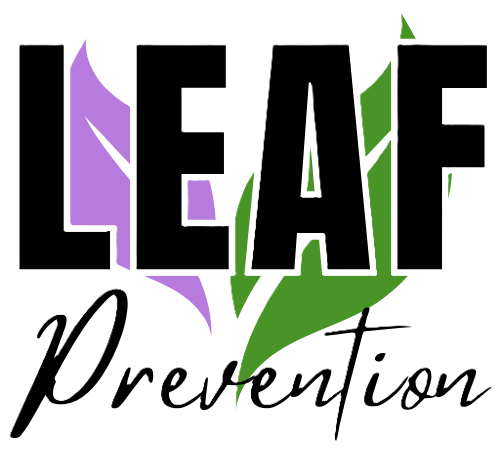

Blog Posts
The death of a loved one is tough for anyone at any age—but children are especially affected.
When a child experiences a death for the first time, they’ll be looking to the big people around them to figure out how to process grief.
Children who don’t receive reassurance and care during bereavement can be at risk for future complications, such as depression, anxiety, substance use, and suicide.
Supporting a child during this time can help support a healthy future.
Acknowledge and validate different grief responses. When a child loses a loved one, their grief response may look different than an adult’s. While they may cry or become visibly upset, some children may also withdraw, avoid, lash out, or exhibit difficult behaviors.
Be honest. Don’t be afraid to talk to children honestly about their loss. This can include using clear language about what happened, rather than shying away from it with phrases like “passed away,” or “lost.”
Show your own feelings. A child learns by example—model healthy grieving. Resist the urge to go right back to daily life or move on as if the loss never happened. Allow space for yourself and your child to feel and process those difficult emotions.
Don’t force a conversation. It’s okay to try talking to the child about their feelings, but if a child is unwilling to talk, try again gently on another occasion.
Give the child alternative outlets for expression. Encourage the child to express their feelings through art, writing, or play. Many children aren’t yet able to verbalize strong feelings.
Reassure the child that the death was not their fault. Children and teens often assume guilt over the loss of a loved one. Make sure they know that there’s nothing they could have done to prevent the death.
Consider reaching out for support. Support groups aren’t only for adults; children may need help working through their grief, too. Consider the local grief support organizations in our area. Click here to use The Dougy Center’s worldwide search tool.
Be aware of grief triggers. Certain events, holidays, or even TV shows may bring up strong emotions. These triggers are most common in the first few months after a death but can still happen even years later. Work with your child by talking through the trigger and providing a warm, attentive listening ear.
For adults: For a comprehensive guide on talking to children about death, we suggest New York Life’s publication, “After a Loved One Dies,” which is available for free online here.
The National Alliance for Children’s Grief also offers this helpful guide for talking to children and teens about death.
For children: The New York Life Foundation has published a children’s book series called Kai’s Journey. Kai is a little boy who, along with his mom, learns to navigate a loss in his family. These books are available for free to download, along with a discussion guide to help families talk through the stories. Learn more here.
If you have questions or need support during a difficult time, please reach out to us at (607) 432-0090. Our staff is available to connect you with local resources to strengthen your family.